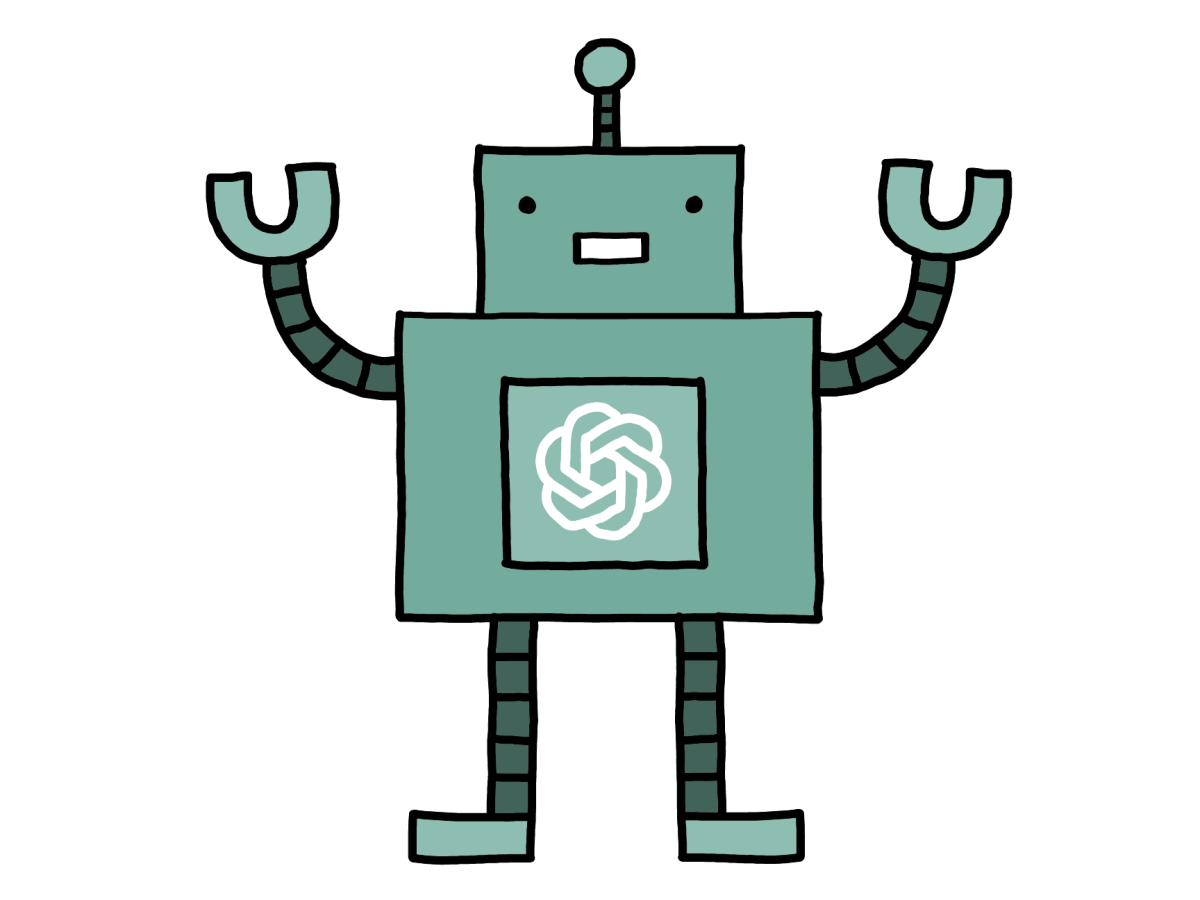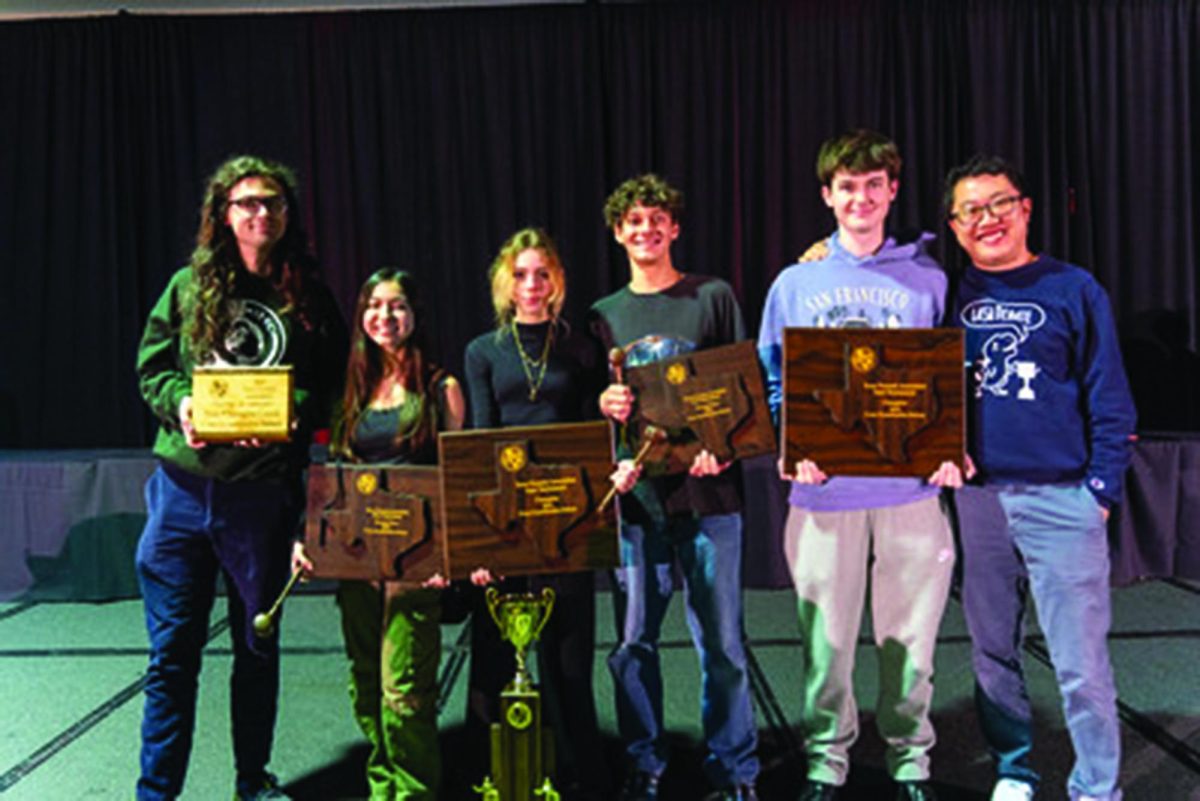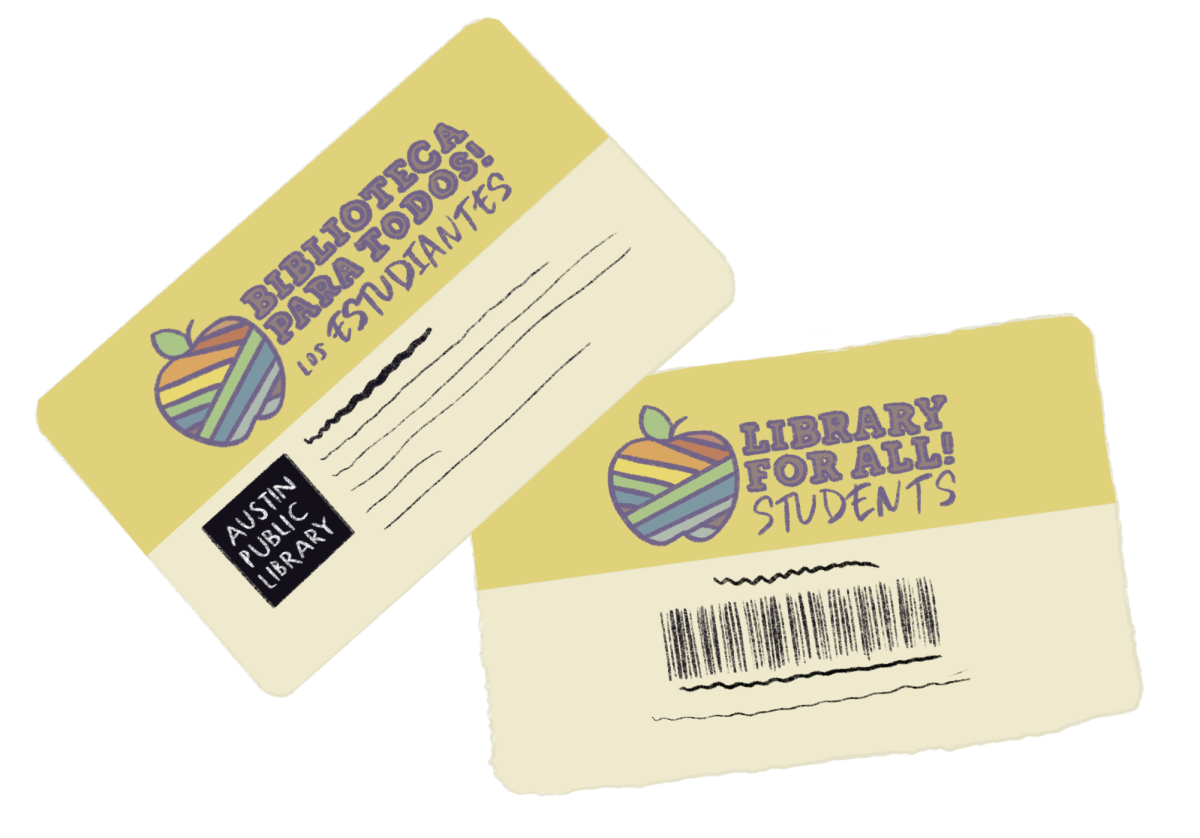The extensive growth of Artificial Intelligence (AI) in the 21st century has caused the education landscape to rapidly evolve, according to The New York Times. With the emergence of writing generative AI, such as ChatGPT, many LASA teachers have enforced policies to both capitalize on and reduce the damage of AI.
Various educational departments at LASA are taking different approaches to implementing or blocking AI in their curriculums. Classes such as AP Statistics encourage the use of AI if it is beneficial to the learning process, asking students who use ChatGPT to mark AI as a collaborator on their homework assignments. Meanwhile, LASA English classes are taking the opposite stance and are strongly discouraging students from taking advantage of it. They have taken measures to prevent academic dishonesty using AI, such as using AI plagiarism checkers and requiring students to submit a link to their Google Docs to check their editing history.
Benjamin Rodriguez, a LASA AP Physics One teacher, is an advocate for the benefits of AI within the school environment. He believes in the power of AI and the potential of providing students with invaluable resources and personalized learning experiences.
“As the teacher, I would encourage my students to use it,” Rodriguez said. “I was a fan of all of the opportunities that generative AI was presenting to me. I am very interested in the ways that I can use it naturally. I was encouraging my students to explore, not just so that they can understand what generative AI is actually doing, but also so that they can get an intuition for what this specific generative AI like Chat GPT could possibly do for them.”
Rodriguez has witnessed the real-life benefits of using AI as a learning tool for students. His students use ChatGPT to fine-tune their physics concepts and get clarification on harder material, especially in labs.
“In my classroom, students take data from a lab and put it into tables, expressing the physics behind what that data table is representing and then allowing a generative AI like Chat GPT to either critique their thoughts or help them elaborate on the types of observations they have been making in a lab,” Rodriguez said. “It’s in those lab reports that I’ve really said ‘Yeah, plug in what you think might be useful and see what kind of information it spits out. See if that actually spurs your imagination or helps you to actually get your thoughts on paper.’ Because sometimes it will, in an effective way.”
While Rodriguez emphasized the potential of AI to enhance the learning experience, there are also some disadvantages to AI, according to LASA English Department Chair and English III teacher Caroline Pinkston. She pointed out significant drawbacks to AI, specifically mentioning instances where ChatGPT has negatively impacted a student’s learning ability by generating an essay on their behalf.
“The real goal is having you go through the process of coming up with the ideas and revising your work and articulating those ideas,” Pinkston said. “So if you’ve got something to create the product for you, then you’ve kind of missed the point and lost the learning that we were hoping you would get.”
While Pinkston explores making changes to classroom policies to make up for AI-generated cheating, students such as junior Samuel Li are taking note of the way their learning is being impacted. Li believes that AI can be a helpful resource for students when there is no teacher around to explain class material.
“When I’m studying, if I don’t know how to solve a problem, I can ask AI how to solve it,” Li said. “This can be really good for students since they can learn from the process.”
Although Li has personally witnessed the benefits of AI, he recognizes that AI has been more harmful than beneficial for students who prioritize grades over learning. He believes that the policies monitoring AI lack enforcement power.
“I feel like while the policies are good in nature, without any enforcement, it is impossible to stop students from using AI,” Li said. “Many just use AI as a way to [get] better grades on certain assessments or certain projects. There are always ways to make it so that it doesn’t look like AI answered the question, so it’s very hard to crack down on this type of behavior.”
LASA policy for AI-generated learning is still being modified as updated versions of technology like ChatGPT keep being released. Subject departments will continue to evaluate the effects of AI and adjust curriculums accordingly.







